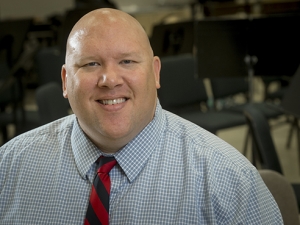
Matt Windsor
| This email address is being protected from spambots. You need JavaScript enabled to view it.New major attracting students with unique, holistic approach to wellness in nutrition
A summer program offered tools to thrive in academia. Here’s what one faculty member learned.
Dwayne White, Ph.D., assistant professor in the School of Education, shares how his participation in the national Faculty Success Program paid off with three manuscripts and some crucial time-management tools. Read his top tips, then apply for the 2023 program today.
Geogenomics: Seeking diamonds in the desert
Innovation Institute hosts country’s first metahealth symposium, Feb. 28
Weaver is Distinguished Faculty Lecturer
Discoveries led by Casey Weaver, M.D., revealed a new commander of the immune system and a new class of therapies for autoimmune diseases. In 2022, Weaver was elected to the National Academy of Sciences — now he has been selected for the academic medical center’s highest faculty honor.
Colleagues share impact of 2022 Shared Values award winner — and she shares how to get the most from UAB
Reduce stress with this quick, self-paced office ergonomics course
Four high-tech health devices being tested at UAB now
Take a look at new technologies being studied at UAB for treatment of depression, sleep apnea, traumatic brain injury and tic disorders.

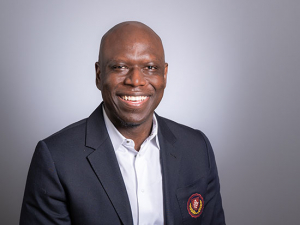
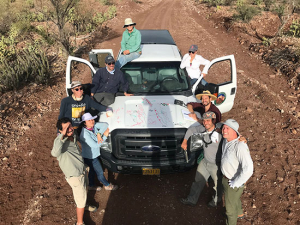
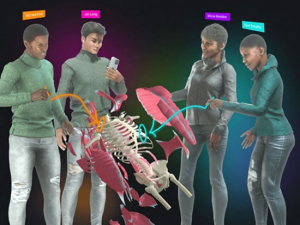
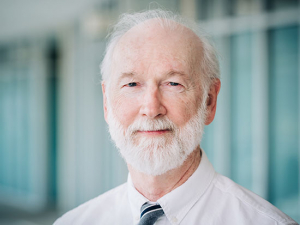





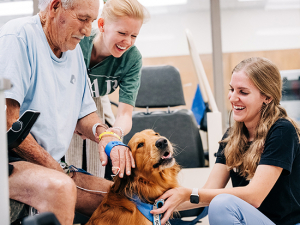
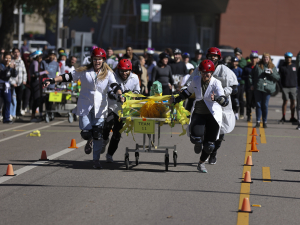


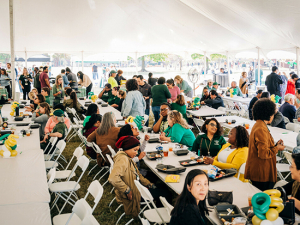
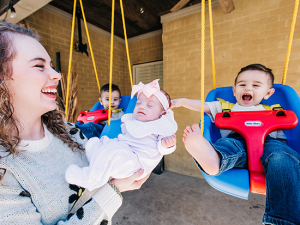
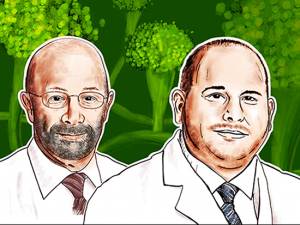
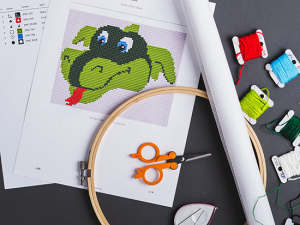
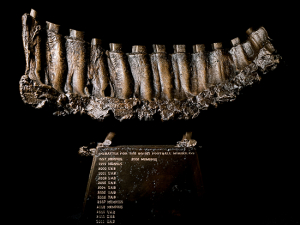



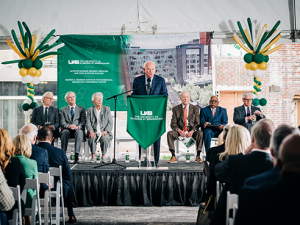
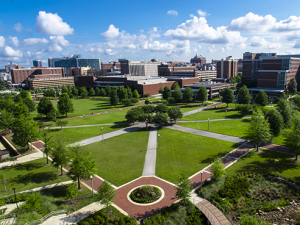
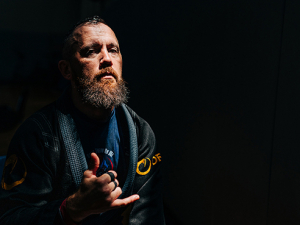





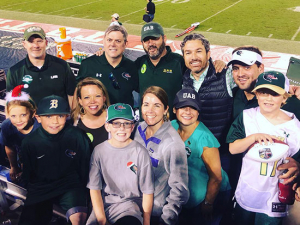




 Journey through time in “Fifty Years of Dreams and Discoveries,” a 200-page pictorial book that chronicles UAB’s rise from a nascent university in 1969 to a leading doctoral research university.
Journey through time in “Fifty Years of Dreams and Discoveries,” a 200-page pictorial book that chronicles UAB’s rise from a nascent university in 1969 to a leading doctoral research university.








